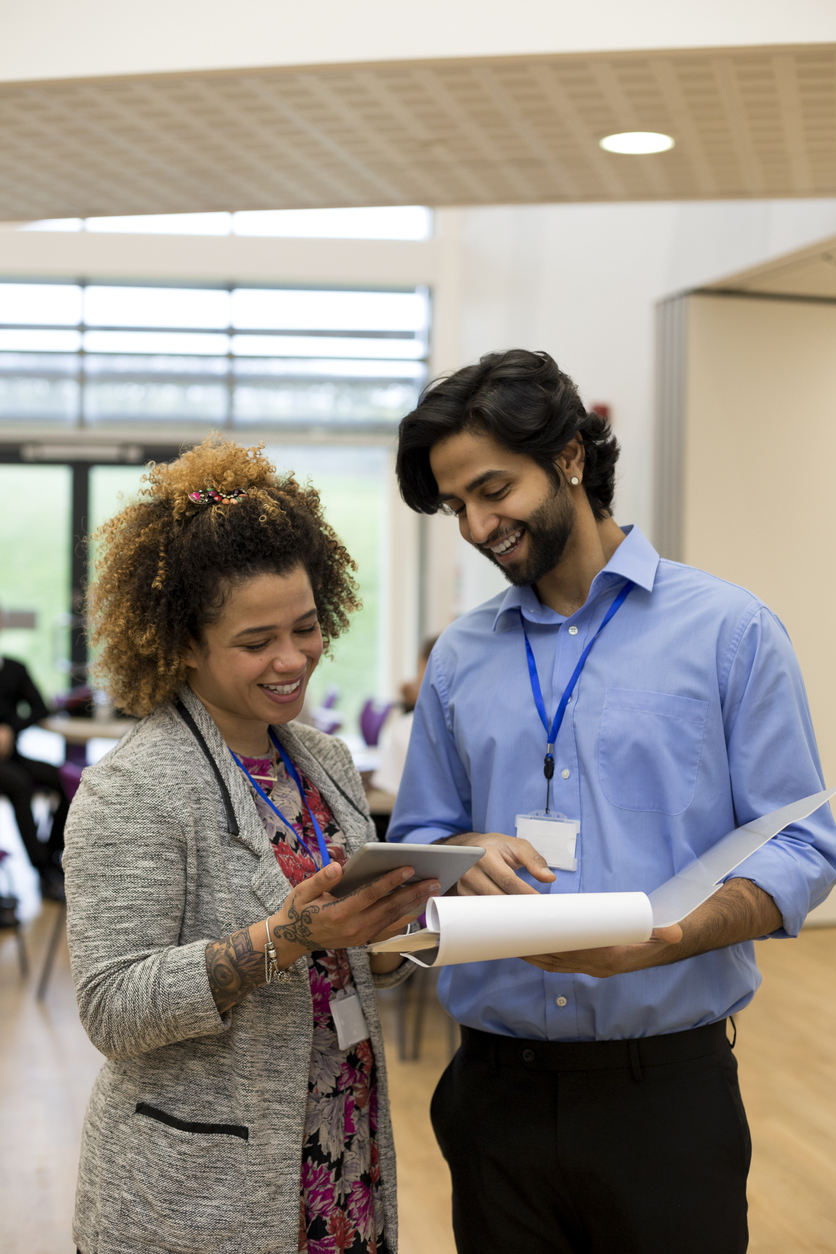MINDFULNESS RESOURCES
OEA Choice Trust and Oregon Mind Body Institute (OMBI) have collaborated to bring mindfulness information and practices to public education workplaces through the Mindfulness Initiative. This initiative was established because Oregon education employees identified mindfulness as a desired offering for their health and well-being.
Mindfulness derives from a variety of Hindu and Buddhist philosophies and South Asian and Eastern traditions that go back to 5000-3500 BC. Many of the concepts and practices currently under the umbrella of mindfulness have been passed down over thousands of years, only more recently being introduced and studied in the West or adapted by diverse secular or Western cultures. We acknowledge that practices used throughout the West today stem from the ancient, sacred, and meaningful roots of East and South Asian mindfulness traditions.
Through the Initiative, we hope to help interested education employees learn evidence-based mindfulness practices as tools to reduce stress and increase health and well-being. The Initiative acknowledges that stress and well-being are not solely an individual issue of self-care, and that they require involvement by the entire system. For this reason, we work to help individuals develop mindfulness skills, and work within each district or organization to explore how the work environment can be more conducive to mindful self-care and community care.

APPS AND ONLINE RESOURCES
Yoga with Adriene
Yoga with Adriene has a large collection of yoga, mindfulness and body based practices whether you are interested in a short or longer practice.
Headspace for Educators
The Headspace app is free to K-12 school employees and has many different mindfulness based practices and teachings to offer.
Insight Timer
The Insight Timer app provides free guided meditations.
INDIVIDUAL RESOURCES
This 12 minute break will help you relax both body and mind.
Psychologist Dr. Shin Shin Tang leads a guided meditation that helps release muscle tension and relax the entire body. Progressive Muscle Relaxation is one of the most well-researched guided meditations. It has been found to calm the nervous system, increase natural opioids produced by the body, and decrease anxiety and pain.
Pain can worsen during times of stress. In this video, Dr. Shin Shin Tang talks you through an effective mindfulness exercise for decreasing pain called pendulation. Pendulation was developed by the founder of Somatic Experiencing®, Dr. Peter Levine.
We have begun to educate ourselves about ourselves so we can take more control of the voices in our heads. Mindfulness is helping us become less distracted and more able to pay attention to the people and situations in front of us, and will help us to be happier, less stressed, and better able to accomplish tasks without being rushed.
Year 1 Champions – Rainier School District
COLLECTIVE PRACTICES FOR THE WORKPLACE
Setting an Intention for the Day
Mindfulness Moment with a Bell
Simple Mindful Moment
Mindful Transitions to Pause, Practice and Bring Presence
Wheel of Awareness Check In
RESEARCH
From Headspace – What is Mindfulness?
“You may have heard that mindfulness — the ability to be fully present in the moment — can have numerous benefits, everything from decreased stress and sadness to increased levels of focus and happiness, according to general mindfulness research. But what exactly is mindfulness? And, how can you recognize it and reap its many benefits? Here’s everything you need to know to get started.”
From Greater Good Science Center – Can Mindfulness Help Reduce Racism?
“Racial bias in policing is at the forefront of the news. So it’s heartening to see a study that finds bias can be reduced through mindfulness training. Adam Lueke and Brian Gibson of Central Michigan University looked at how instructing white college students in mindfulness would affect their ‘implicit bias’ – or unconscious negative reactions – to black faces and faces of older people. After listening to a 10-minute mindfulness audiotape, students were significantly less likely to automatically pair negative descriptive words with black and elderly faces than were those in a control group – a finding that could be important for policing, which often involves split-second assessments of people. Why the connection between mindfulness and bias? Mindfulness has the power to interrupt the link between past experience and impulsive responding, the authors speculate.”

